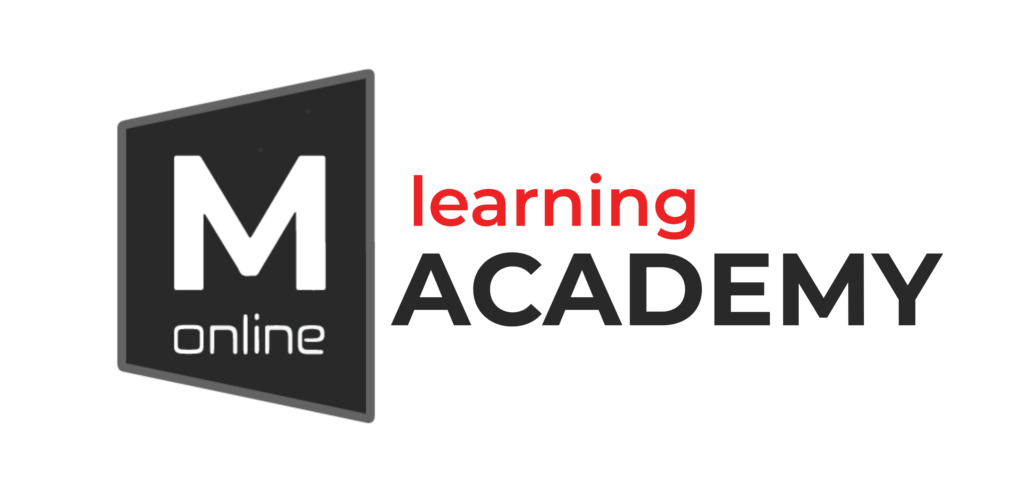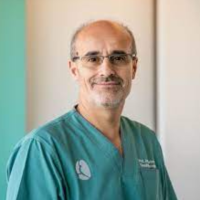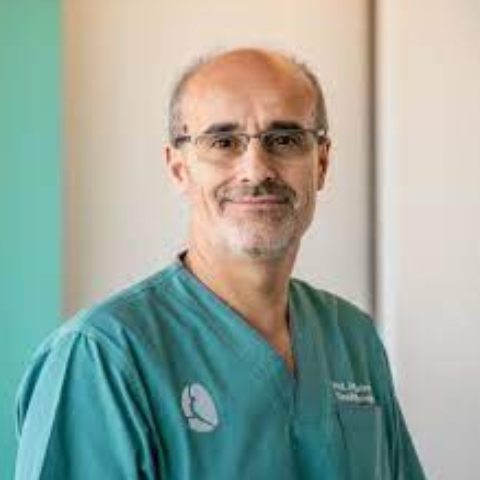Understanding the person experiencing pain: a humanistic approach to musculoskeletal care
Introduction
As a healthcare practitioner, you know that pain is more than just physical discomfort. It can have a profound impact on a patient’s emotional and social well-being. That is why we have developed an immersive 3-day course to equip you with the knowledge and skills you need to provide compassionate, effective care to those experiencing acute or persistent pain.
Our humanistic approach emphasises the importance of understanding the complex interplay of factors that contribute to a patient’s pain experience. Through interactive lectures, case studies, and hands-on exercises, you’ll learn how to engage with patients in a meaningful way, develop tailored care plans, and implement evidence-informed interventions that support recovery and improve quality of life.
You will explore a range of topics, including theories of enactivism, embodiment and ecological psychology, Free Energy Principle and predictive processing, interoception and allostasis, pain science, and the neurophysiological and psychological effects of affective touch and manual therapy. You will gain a deep understanding of how bodily symptoms are part of a dynamic process of sense-making, inseparable from the lived body and its environment.
By the end of this course, you will be better equipped to provide person-centred care that is both effective and compassionate. You will have the knowledge and skills to transform the way you approach musculoskeletal care and help your patients achieve better outcomes. Don’t miss out on this opportunity to elevate your practice and make a difference in the lives of your patients. Sign up now!”
• Welcome and introduction to the course
• Models of musculoskeletal care: a critical evaluation
• Pain science and the biopsychosocial model
• The person and the sense of self: beyond the embodied self
• Person-centred care: what is it?
• Enactivism as a theoretical framework for understanding the person seeking care
• Exploring sense-making in clinical practice: Mary’s story
• Bayesian Brain, Free Energy Principle and Predictive Processing
• Adaptation, homeostasis, allostasis and pain
• The interoceptive underpinnings of being alive and their relevance to clinical practice
• Therapeutic alliance as active inference: the role of biobehavioural synchrony
• The role of touch and hands-on care in musculoskeletal clinical practice
• Group discussions on complex cases
• Practical sessions on affective-interoceptive touch and biobehavioural synchrony
Clinical reasoning through the lens of the Skilled Intentionality Framework: therapeutic ecological niches and affordances
• The Embodied Predictive Processing Pain model
• The role of expectations: the ViolEx-model
• Changing the generative model of the person in pain: using hands-on care and verbal communication
• Reconceptualising musculoskeletal care as (En)active Inference
• Case study analysis and discussion on practical applications of the theoretical concepts learned in the course
• Reflection and evaluation of the course
Learning objectives
Upon completion of this course, participants will be able to:
• Demonstrate a comprehensive understanding of the complex interplay of factors that contribute to a patient’s pain experience, including the importance of theoretical frameworks such as enactivism, Free Energy Principle, predictive processing, and active inference in musculoskeletal care.
• Develop and implement tailored care plans using evidence-informed interventions that support recovery and improve quality of life for patients experiencing acute or persistent pain, drawing on a deep understanding of the various factors involved in the pain experience.
• Effectively communicate with patients to build robust therapeutic alliances considering the individual needs and preferences of each patient and applying the principles of biobehavioral synchrony with the help of hands-on care strategies.
• Reconceptualise musculoskeletal care as (En)active Inference, challenging traditional models of care and improving outcomes for patients experiencing pain through the implementation of evidence-informed interventions that support recovery and improve quality of life.
• Enhance clinical assessment skills to improve the outcomes of person-centred care approaches, incorporating new ideas such as prediction error minimisation, sense-making, and the biology of the neuro-endocrine-immune system, homeostasis and allostasis.
• Develop enhanced clinical assessment skills to better understand the factors that contribute to a patient’s pain experience, incorporating new ideas such as prediction error minimisation, sense-making, and the biology of the neuroendocrine-immune system, homeostasis and allostasis.
Research supporting the course
Esteves JE, Cerritelli F, Kim J and Friston KJ (2022). Osteopathic Care as (En)active Inference: A Theoretical Framework for Developing an Integrative Hypothesis in Osteopathy. Front. Psychol. 13:812926. https://www.frontiersin.org/articles/10.3389/fpsyg.2022.812926/full
McParlin Z, Cerritelli F, Manzotti A, Friston KJ and Esteves JE (2023).Therapeutic touch and therapeutic alliance in pediatric care and neonatology: An active inference framework. Front. Pediatrics, 11:961075 https://doi.org/10.3389/fped.2023.961075
Manzotti A, Cerritelli F, Monzani E, Savioli L, Esteves JE, Lista G, Lombardi E, La Rocca S, Biasi P, Galli M, Chiera M, McGlone FP (2022). Dynamic touch induces autonomic changes in preterm infants as measured by changes in heart rate variability. Brain Research, 2022, 148169. https://doi.org/10.1016/j.brainres.2022.148169
Duquette P. Cerritelli F, Esteves JE (2022). Editorial: Enactivism and active inference in the therapeutic alliance. Front. Psychol. 13:1042698. https://doi:10.3389/fpsyg.2022.1042698
McParlin Z, Cerritelli F, Rossettini G, Friston KJ and Esteves JE (2022) Therapeutic Alliance as Active Inference: The Role of Therapeutic Touch and Biobehavioural Synchrony in Musculoskeletal Care. Front. Behav. Neurosci., 30 June 2022 | https://doi.org/10.3389/fnbeh.2022.897247
Cerritelli F, Esteves JE (2022). An Enactive–Ecological Model to Guide Patient-Centered Osteopathic Care. Healthcare. 2022; 10(6):1092. https://doi.org/10.3390/healthcare10061092
Ménard M, Couvertier M, Awai L, Esteves JE, Bideau B, Vaucher P (2022). Exploring lumbo-pelvic functional behaviour patterns during osteopathic motion tests: A biomechanical (en)active inference approach to movement analysis. International Journal of Osteopathic Medicine (2022). Volume 45, 8-16. https://doi.org/10.1016/j.ijosm.2022.05.001
Kim J, Esteves JE, Cerritelli F, Friston KJ (2022). An Active Inference Account of Touch and Verbal Communication in Therapy. Front. Psychol. 13:828952. https://www.frontiersin.org/article/10.3389/fpsyg.2022.828952
Manzotti A, Cerritelli F, Lombardi E, Monzani E, Savioli L, Esteves JE, Galli M, La Rocca S, Biasi P, Chiera M, Lista G. (2022). Osteopathic Manipulative Treatment Regulates Autonomic Markers in Preterm Infants: A Randomized Clinical Trial. Healthcare. 2022; 10(5):813. https://doi.org/10.3390/healthcare10050813
McParlin Z, Cerritelli F, Friston KJ and Esteves JE (2022) Therapeutic Alliance as Active Inference: The Role of Therapeutic Touch and Synchrony. Front. Psychol. 13:783694.
https://www.frontiersin.org/articles/10.3389/fpsyg.2022.783694/full
Bohlen L, Shaw R, Cerritelli F, Esteves JE (2021). Osteopathy and Mental Health: An Embodied, Predictive, and Interoceptive Framework. Front. Psychol., 27 October 2021 https://doi.org/10.3389/fpsyg.2021.767005
Alvarez G, Zegarra-Parodi R, Esteves JE (2021). Person-centered versus body-centered approaches in osteopathic care for chronic pain conditions. Therapeutic Advances In Musculoskeletal Diseases, Volume 13, January-December 2021 https://doi.org/10.1177/1759720X211029417
As an osteopath and cognitive scientist specialising in chronic musculoskeletal pain, Professor Jorge Esteves is a passionate advocate for evidence-informed, person-centered care. Currently, he serves as a Professor of Osteopathy and Vice-Principal at Malta ICOM Educational, an Honorary Professor at the University College of Osteopathy in
London, and a researcher with Collaboration for Osteopathic Medicine Research in Italy.
His research interests center around the reconceptualisation of osteopathic care within
the frameworks of enactivism and active inference. To this end, he critically evaluates theories and research from enactivism, embodiment, ecological psychology, free energy principle, predictive coding, interoception, and allostasis, with a particular focus on chronic pain and persistent physical symptoms, and the neurophysiological and psychological effects of affective touch.
Professor Esteves is dedicated to advancing the field of osteopathy through rigorous scientific inquiry, and to developing innovative, effective treatments that empower patients to achieve optimal health and well-being.
This course is open to all healthcare professionals working in musculoskeletal care
Certificate of continuous professional development (CPD) issued by Medi-Cine Online Learning Academy
English, Portuguese, Italian
40
24 h
3 days - 1 Module




